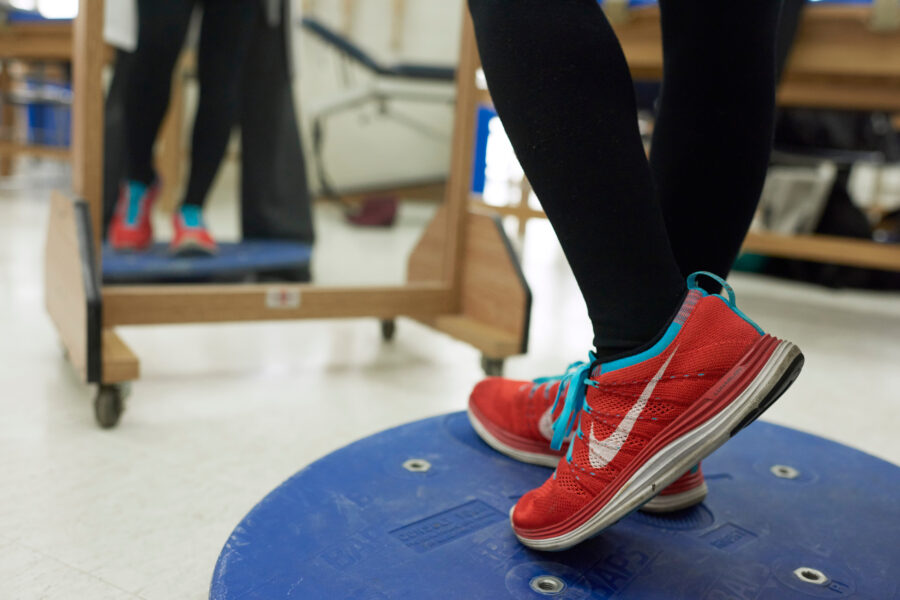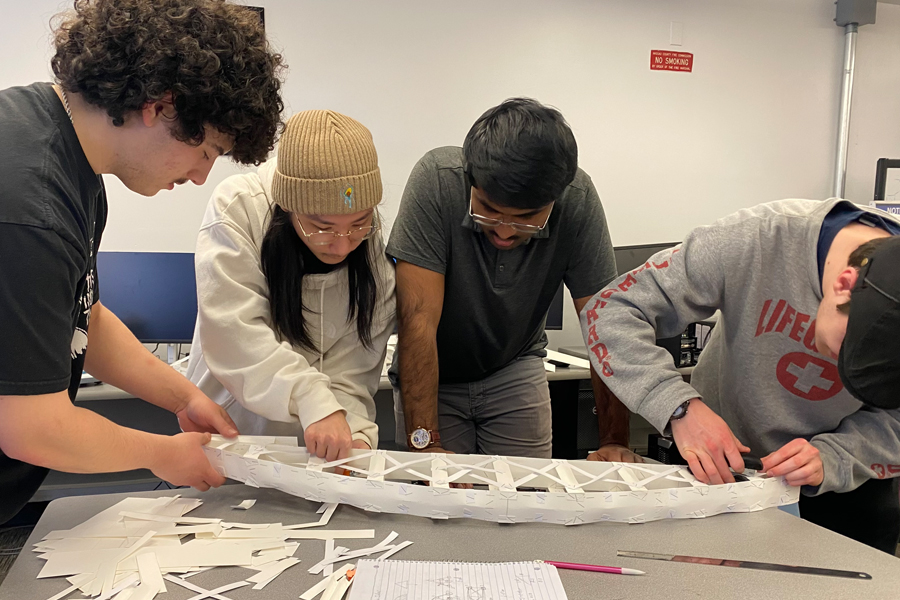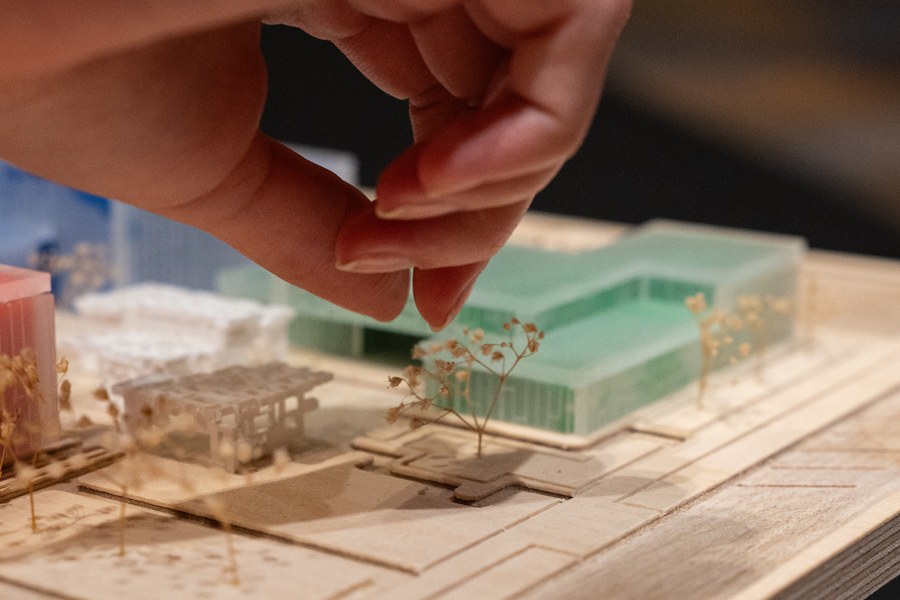Black History Month: Celebrating the Past, Empowering the Future
For Black History Month, Mohit Rahul Gandhi reflects on the commemorative month’s origins, incorporating Black history in education, and the importance of representation. He is an undergraduate student studying business administration with a concentration in management.
Each February, Black History Month offers a prime opportunity to reflect on the greatest accomplishments of Black individuals throughout history. As a time for celebration, remembrance, and education, Black History Month is more than a commemoration of the past. It is a call to action in the present and an impetus toward a more equitable future. This month serves as a reminder that the story of Black excellence is present in all aspects of our history and shared destiny.
A Historical Reflection
The origins of Black History Month started in 1926 when historian Carter G. Woodson initiated Negro History Week, later extended to a whole month in 1976. Woodson established the program to recognize the heritage and contributions of African Americans whose work had been unrecorded or overlooked. Despite a lot of change since then, Black History Month remains a worthwhile time to look back at Black communities’ struggles, achievements, and resilience through the ages.
Black people influenced the arts, civil rights, politics, and science. Individuals like Harriet Tubman, W.E.B. Du Bois, and Langston Hughes left behind work that still inspires us. Recently, leaders like Mae Jemison, the first African American woman to go into space, and Barack Obama, the first African American president of the United States, have followed in their footsteps, leaving doors open for future generations to dream big and become great.
Black History Month in Education
Black History Month provides an opportunity to reflect on the continued relevance of diversity, equity, and inclusion in higher education. Colleges and universities are learning, development, and interaction institutions—settings where diverse perspectives intersect. By incorporating Black history into school curricula, hosting events commemorating the success of Black individuals, and encouraging students to study these histories, schools are part of the social justice mission.
For students, the month provides an opportunity to learn more about history and its application today. Lectures, panel discussions, cultural performances, and art exhibitions allow students to study Black history educationally and entertainingly. These events also allow space for conversations about race, privilege, and systemic inequality—conversations that continue to shape the lives of Black people today.
The Importance of Representation
Black History Month also reminds us of the importance of representation in higher education and beyond. The fact that the majority of fields, including STEM, business, and the arts, do not include diversity underscores the importance of continued efforts to provide equal opportunity for all. Honoring the achievements of Black people not only serves to celebrate what they have accomplished but also to inspire existing and potential students to pursue their passions, regardless of the barriers they may face.
More News

Uncovering the Body’s Fat-Burning Strategy—It’s Math-Driven!
A new study by an NYITCOM-Arkansas researcher finds that the body calculates which fat to burn, choosing those that produce the most usable energy while consuming the least oxygen.

When Rehab Meets Robotics
A study co-authored by John P. Handrakis, D.P.T., Ed.D., and graduates of the physical therapy program finds that a wearable robotic device could help stroke survivors get back on their feet.

NYITCOM-Arkansas Announces Partnership With SOFtoSOM
NYITCOM-Arkansas has formed an official partnership with Special Operations Forces to School of Medicine (SOFtoSOM), an organization that helps military veterans who are interested in pursuing medical education.

Building Bridges
New York Tech students earned first place at the 2026 KEEN Bridge Design Competition for their outstanding bridge design and structural efficiency.

NOMA Competition: Reimagining Kansas City
Twelve architecture students competed in the 2025 Barbara G. Laurie Student Design Competition sponsored by the National Organization of Minority Architects (NOMA) to propose a model for housing that prioritizes those vulnerable to racialized disinvestment.

Realistic 3-D Colon Model Shifts Paradigm for Drug Development
Assistant Professor Steven Zanganeh, Ph.D., is striving to further improve the model he developed to open the door to drug development for cancer and other conditions.